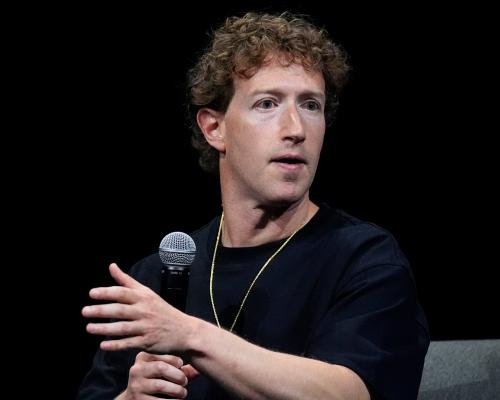
The Liberal Democrats are calling for urgent regulation of YouTube advertising after scams including deepfakes, impersonated public figures and fraudulent investment claims were found to be spreading on the platform with little oversight.
The party said YouTube’s adverts remain largely unchecked by independent regulators, despite new data from Ofcom showing the platform has overtaken ITV in weekly UK viewership and continues to dominate children’s media consumption.
Among the recent scams onYouTube was a series of ads using an AI-generated voice and likeness of the consumer champion Martin Lewis to promote a cryptocurrency scheme, despite Lewis having no involvement. The videos, which have drawn thousands of complaints on Reddit and X, mislead users into thinking they are receiving financial advice from a trusted source.
Other viewers have reported false product claims, scam diet pills and fake competitions. In one Reddit thread users reported being targeted with ads impersonating UK media figures or pretending to offer government-backed grants, with little clarity over how to report or block such content.
YouTube adverts fall under the same Advertising Standards Authority (ASA) rules as TV, but unlike broadcasters, there is no pre-approval, real-time scrutiny or independent enforcement unless someone complains.
The ASA has previously warned of a rise in “celebrity deepfake” and “impersonation” scams on online platforms, particularly for financial services. The lack of mandatory pre-approval or independent enforcement means that many of these adverts remain online for days before action is taken, if any is.
Max Wilkinson, the Liberal Democrats’ spokesperson for culture, media and sport, said the system leaves the public exposed. “We cannot allow a two-tier system where traditional broadcasters face robust scrutiny, while a digital giant like YouTube is allowed to mark its own homework,” he said.
The party is calling for YouTube advertising to be brought into line with the system used for TV and radio, including tougher oversight, clearer accountability, and the power for Ofcom to levy fines on platforms that repeatedly allow harmful or misleading ads. It also wants revenues from those fines used to support victims of online scams.
YouTube ads are served through Google Ads and are regulated under a voluntary framework created by the tech industry. This contrasts with the ASA’s co-regulatory model for broadcast advertising, where Ofcom retains backstop powers and many adverts must be pre-cleared before airing.
Privately, some Labour MPs acknowledge that online ad regulation is “behind the curve”, but there is little appetite for major change. Others have warned that new restrictions could make it harder to target voters aged under 35, many of whom are disengaged from traditional media.
Last month the Guardian revealed that Ofcom is preparing to push for new legal powers to require platforms like YouTube to give greater prominence to public service content, amid concerns that trusted news, children’s programming and UK-produced shows are becoming “invisible” to younger viewers.
The Lib Dems argue that the same logic should apply to advertising, especially given the rise in misleading financial content and impersonation scams.
“YouTube is no longer a niche platform – it’s one of the main ways people of all ages consume news, entertainment and information,” said Wilkinson. “The government needs to act now to ensure that consumers are properly protected.”
A YouTube spokesperson said: “YouTube is not a broadcaster and it should not be regulated like one.
“We have strict policies that govern the ads on our platform which we enforce rigorously. When we find ads that breach our policies we take immediate action, including removing the ads and suspending the account when necessary.”







